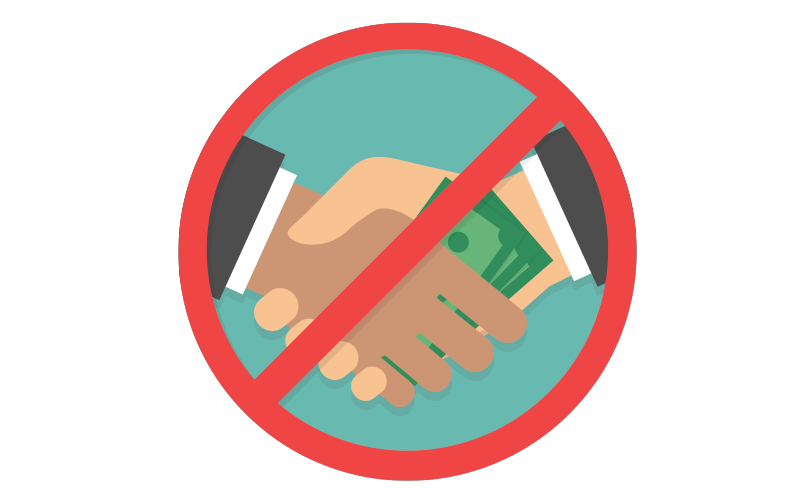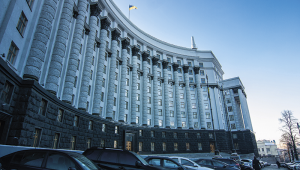
Image © ByEmo, Shutterstock
Transparency International recently published its latest Corruption Perceptions Index. While the index is based on surveys of experts and business leaders on their perceptions of corruption, its findings seem to match what we’re increasingly seeing, and hearing, in the public sector. Corruption seems to be on the rise and senior leaders are increasingly exploiting gaps in accountability.
The question that keeps resurfacing in my mind is: are we approaching a tipping point? One thing we know is that it’s not possible to eliminate corruption. You might notice there are no countries listed on the index with a score of 100. But it’s not just that reality that I’m talking about, it’s the reality that corruption seems to be increasingly prevalent.
Two-thirds of countries scored below 50 in this year’s index, with a global average score of 43/100. According to TI: “Most countries are largely failing to stop corruption – over 80% of the world’s population lives in countries with CPI scores below the global average of 43.
In addition, the top 25 countries in the index make up just over 10% of all people. Corruption therefore remains a challenge that directly or indirectly harms most people.”
The same is true closer to home. This year, the UK received its lowest ever score of 71 on the index – a drop of nine points from 2018 – largely attributed to concerns around the emergency procurement of goods and services during the pandemic. Turns out ‘sleaze’ is perceived to look very similar to corruption...
It’s worth mentioning there were indeed improvements for some countries, notably Ukraine, Tanzania, Cote D’Ivoire and Kuwait, among others, which provide some degree of optimism that things can and might change. But the net trend is that of greater corruption – at least that’s what perceptions by experts and businesspeople indicate.
Amid this backdrop of seemingly more corruption, one particular concern I have is specific to the sustainability and net zero agenda. Climate change is an existential issue, and as a result we’re seeing vast amounts of (yet still, arguably, not nearly enough) public funding to support much needed changes to global energy, industry, food, transport and built environment systems.
These changes all require massive, and expensive, infrastructure projects. Make no mistake, while the private sector will play an integral part in this infrastructure transformation, much will be driven by the public sector.
It’s encouraging to see that (some) governments are taking climate action seriously. There’s an immense amount of lobbying pressure to try and shift the global direction of travel away from climate catastrophe, and at CIPFA we’re trying to play our small part in that wider advocacy ecosystem.
But what happens when special interest is maligned into personal interest? Corruption is a multifaceted issue, and different people undoubtedly position different ideas and solutions for different reasons. Some actors’ lobbying efforts will be for the public good. Others will be for personal gain.
The reality is that flows of money, disbursed via public procurement contracts, have always been targets for opportunists. As the quantum increases, the risk that more money is diverted for corrupt reasons increases. Unless anti-corruption efforts are meaningfully prioritised, many sustainability and net zero programmes run the risk of failing to achieve their important outcomes.
At CIPFA we often discuss the idea that corruption is a symptom of some root cause issues: weak internal controls, inadequate accountability mechanisms, capacity constraints, lack of specialised training, etc.
For public sector organisations, it’s vital that support for anti-corruption programmes (both prevention and investigation) is prioritised now more than ever.
At CIPFA, we continue to advocate for prioritising preventative action and an interdisciplinary approach to corruption prevention – with a strategy that works to strengthen the above weaknesses.
Likewise, these efforts must be viewed as a genuine investment for the long term. Otherwise, we risk exposing other vital public sector programmes, like net zero projects, being unnecessarily exposed to corruption risks.
So how do we move forward? Some might say caution, but I’d say focus.











